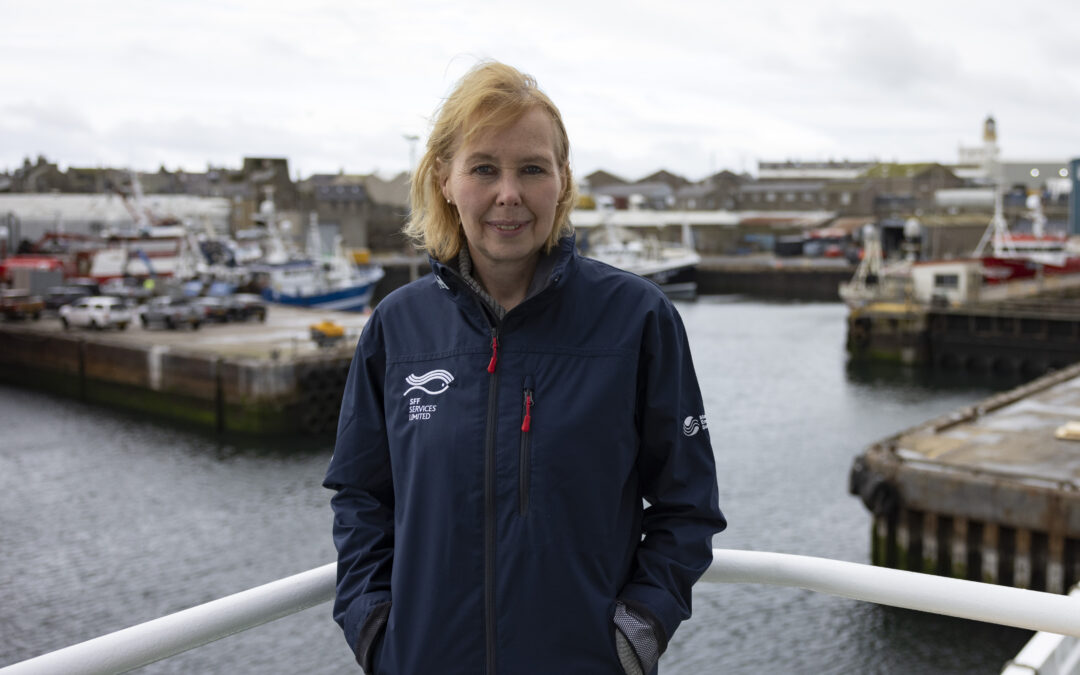The Scottish Government needs to work in tandem with the fishing industry if it is to avoid a repeat of the Highly Protected Marine Areas (HPMAs) fiasco of 2023.
That is the message from industry leaders at the close of a year in which, with the support of Scotland’s coastal and island communities, it fought off unjustified plans to ban fishing in at least 10% of Scotland’s seas.
“Clearly, as we are reminded in headlines from around the world every day, we need to tackle the climate crisis and biodiversity loss, but ministers will have to change their mindset and see fisheries as just one part of highly complex systems and not simply a cause of what’s going on,” said Elspeth Macdonald, chief executive of the Scottish Fishermen’s Federation.
“Fishing has effects on the marine environment, for sure, but no form of food production is impact-free, and fisheries has the lowest carbon footprint of almost any form of food production. There are many other factors that impact on our seas, yet because fishing is one of the few that can be controlled and regulated, it is often the target for government action.
“We must address the global problems of climate change and biodiversity loss while also feeding a growing global population. Seafood from sustainable, well-managed fisheries like those we have in Scotland are part of the solution, and governments need to recognise that.
“As we look ahead into next year, we urge ministers to resist the doom-laden and over-simplified platitudes of the corporately-funded environmental NGOs who have their own agenda – banning fishing regardless of the consequences.
“In 2024, the Scottish Government needs to work with us on sensible, rational, evidence-based measures instead of what it did this year when it came forward with a set of poorly founded proposals based on unwarranted and unjustified supposition, that could have had profoundly severe consequences for our coastal and island communities.”
Ms Macdonald emphasised that a more collaborative model had worked well in the past on such matters as the existing Marine Protected Areas (MPA) network.
When both government and stakeholders can commit to genuinely working collaboratively, and taking the time necessary to address what are often complex problems, we can make more progress, she said.
“It is also important to note that the Government is invested in the success of the industry and its role in putting healthy and sustainable food on people’s plates vis-à-vis the priority and effort it puts into quota negotiations every year, with the settlement for 2024 being particularly valuable to the fishing businesses around our coastlines that bring income and employment to what would otherwise be rapidly depopulating towns and villages.
“The issues of climate change and biodiversity loss are complex, multi-layered and not always clearly understood. We need to take time to consider properly what actions may be needed and the full extent of their effects. So in 2024 let us have collaboration rather than conflict and reason rather than rhetoric.”


Recent Comments